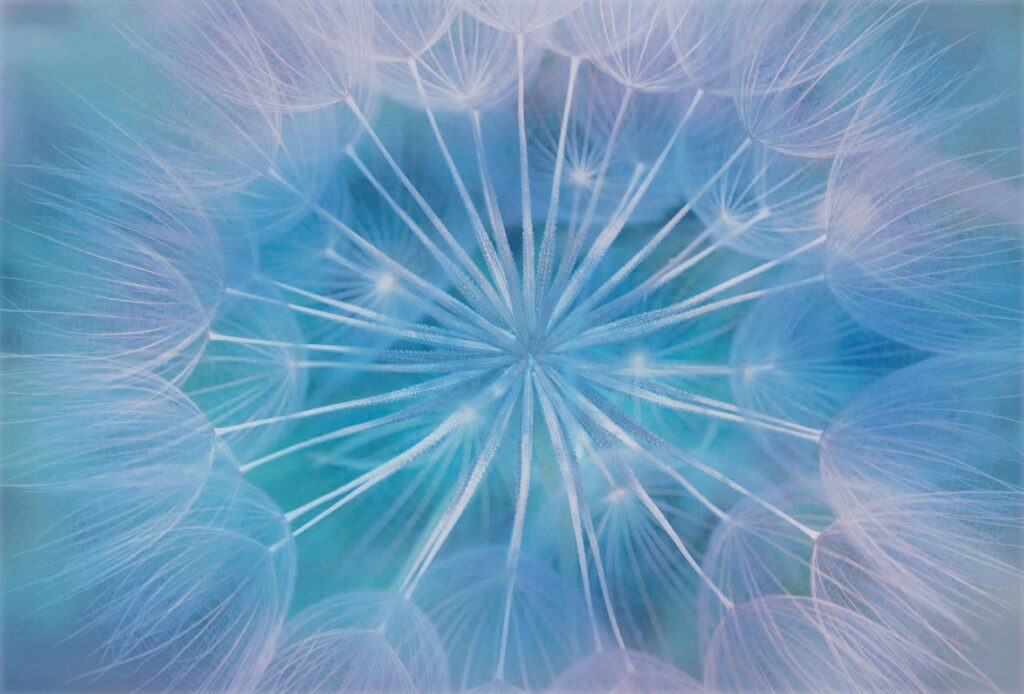Using biotechnologically produced spider silk proteins, researchers from the University of Bayreuth have developed a material that prevents the adhesion of pathogenic microbes.
The research led by Prof. Dr. Thomas Scheibel appeared recently in journal Materials Today
These nanostructured materials based on spider silk proteins prevent colonization by bacteria and fungi and at the same time proactively assist in the regeneration of human tissue. They are therefore ideal for implants, wound dressings, prostheses, contact lenses, and other everyday aids.
Even a lot of bacteria that are resistant to multiple antibacterial agents like streptococci have no chance of settling on the material surface.
The Problem
Microbes settling on the surfaces of objects indispensable in medical therapy or for quality of life generally. They form an often invisible biofilm that cannot be easily removed, even by cleaning agents, and which often is resistant against antibiotics and antimycotics.
Bacteria and fungi can then migrate into the adjacent tissue of the organism wherein they can not only interfere with various processes of healing but can even cause life-threatening infections.
This new biomaterial addresses this problem by preventing the settlement of microbes itself and by facilitating healing.
“Our investigations to date have led to a finding that is absolutely ground-breaking for future research work. In particular, the microbe-repellent properties of the biomaterials we have developed are not based on toxic, i.e., not cell-destroying, effects. The decisive factor rather lies in structures at the nanometre level, which make the spider silk surfaces microbe-repellent. They make it impossible for pathogens to attach themselves to these surfaces,” explains Prof. Dr. Thomas Scheibel, who is the Chair of Biomaterials at the University of Bayreuth.
“Another fascinating aspect is that nature has once again proven to be the ideal role model for highly advanced material concepts. Natural spider silk is highly resistant to microbial infestation and the reproduction of these properties in a biotechnological way is a break-through,” adds Prof. Dr.Ing. Gregor Lang, one of the two first authors and head of the research group of Biopolymer Processing at the University of Bayreuth.
Journal Reference:
Sushma Kumari, Gregor Lang, Elise DeSimone, Christian Spengler, Vanessa T. Trossmann, Susanne Lücker, Martina Hudel, Karin Jacobs, Norbert Krämer, Thomas Scheibel. Engineered spider silk-based 2D and 3D materials prevent microbial infestation. Materials Today, 2020; DOI: 10.1016/j.mattod.2020.06.009

